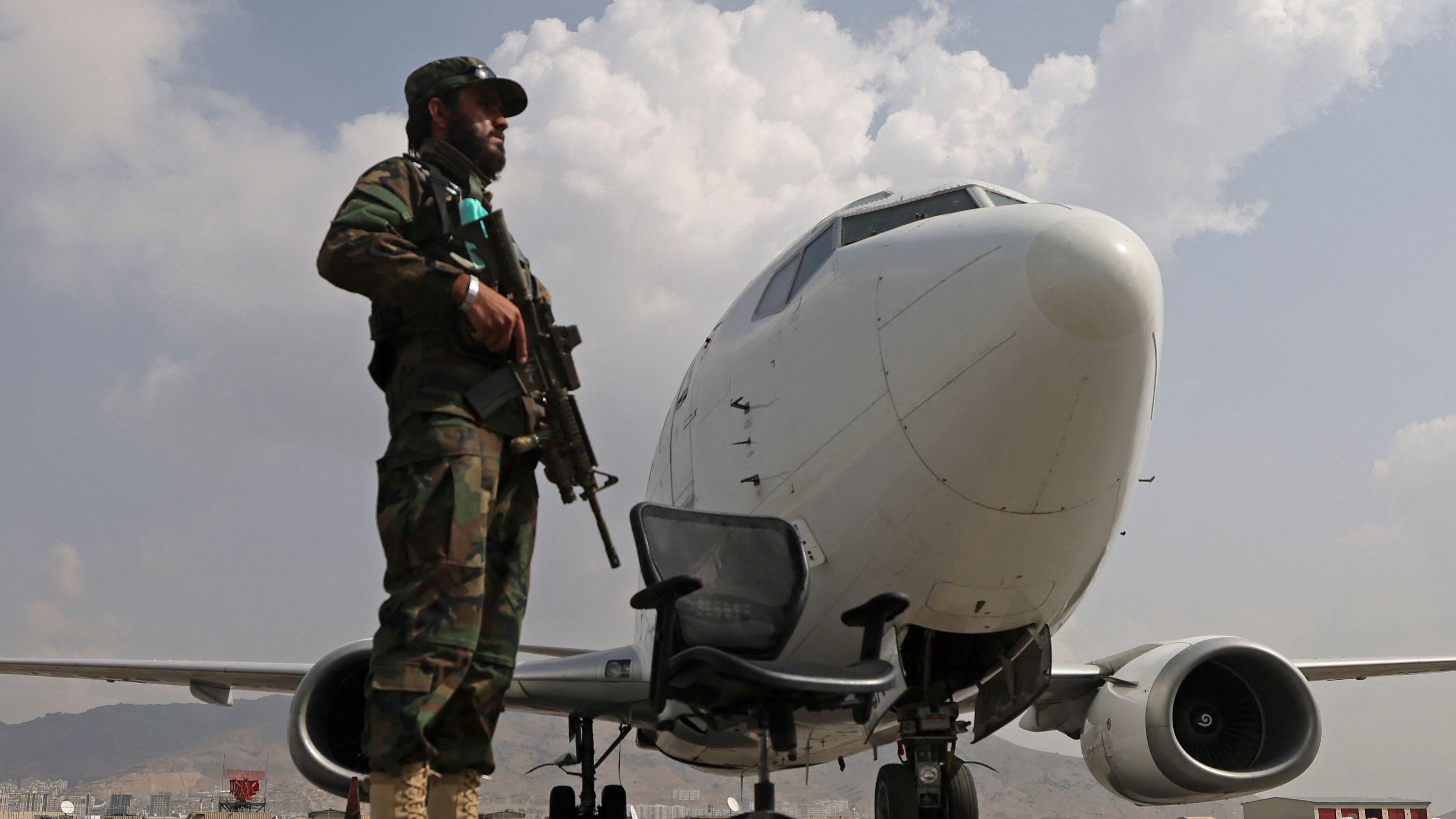Al-Qaeda rebuilding in Afghanistan to plan US attacks within ‘two years’, experts warn
Terror group is recovering after occupation and drone attacks diminished its threat

A free daily email with the biggest news stories of the day – and the best features from TheWeek.com
You are now subscribed
Your newsletter sign-up was successful
Al-Qaeda could use Afghanistan as a base to launch attacks on US soil within two years following the Taliban’s return to power, US intelligence figures have warned.
The extremist group is currently “too degraded to pose an immediate threat after years of drone attacks”, The Times said, citing security sources, but “that is starting to change… a month after the Taliban seized power in Kabul”.
“We are already beginning to see indications of some potential movement of al-Qaeda to Afghanistan,” David Cohen, the CIA’s deputy director, told a security conference yesterday. “But it’s early days and we will obviously keep a very close eye on that.
The Week
Escape your echo chamber. Get the facts behind the news, plus analysis from multiple perspectives.

Sign up for The Week's Free Newsletters
From our morning news briefing to a weekly Good News Newsletter, get the best of The Week delivered directly to your inbox.
From our morning news briefing to a weekly Good News Newsletter, get the best of The Week delivered directly to your inbox.
“The current assessment probably, conservatively, is one to two years for al-Qaeda to build some capability to at least threaten the homeland,” Lieutenant General Scott Berrier, director of the Defense Intelligence Agency, added.
“We’re thinking about ways to gain access back into Afghanistan with all kinds of sources and accesses,” Berrier said. “We are prioritising that effort. We’ll continue to prioritise it. But we have to be careful to balance these very scarce resources.”
US officials have insisted that the US would maintain “over-the-horizon” capabilities in Afghanistan after the withdrawal, Bloomberg reported, “which likely would include drone attacks”. However, “whether al-Qaeda can rebuild and plan attacks on America is a key test of President Biden’s decision to pull US forces out of Afghanistan”, The Times said.
Writing on Foreign Policy, Rita Katz, founder and executive director of the SITE Intelligence Group, a counterterrorism NGO, wrote that the Taliban regaining control of Afghanistan marks “the biggest boost to al-Qaeda and the global jihadist movement since 9/11”.
A free daily email with the biggest news stories of the day – and the best features from TheWeek.com
And a paper published earlier this month by the London-based Overseas Development Institute (ODI) warned that suggestions by the Taliban that the group can control al-Qaeda, a key tenet of the agreement struck with Donald Trump in 2020, “can either be read as dangerously overconfident or disingenuous and deceptive”.
The think tank added that the international community should “engage the Taliban in a conversation about international security”, adding that “alienating and isolating the Taliban over this issue would likely backfire”.
“Confrontation alone rarely yields results with the Taliban, and risks entrenching their positions,” the ODI said. “Furthermore, experience suggests that this will only drive them further into the arms of transnational groups like al-Qaeda.”
Warning of the danger of future attacks by al-Qaeda, US Director of National Intelligence Avril Haines warned the security conference in Washington that future threats to US domestic security could also emerge from “nations such as Yemen, Somalia, Syria and Iraq”, Bloomberg said.
Afghanistan is currently thought to be “further down the priority list after the two-decade American troop presence ended”, the news agency added, with Haines telling the conference that those other nations are where the US sees “the greatest threat”.
Intelligence officials also warned of “more immediate threats… from domestic terrorists”, Bloomberg added, with law enforcement currently “on high alert” ahead of a rally in Washington this Saturday in support of those arrested following the Capitol Hill riot.